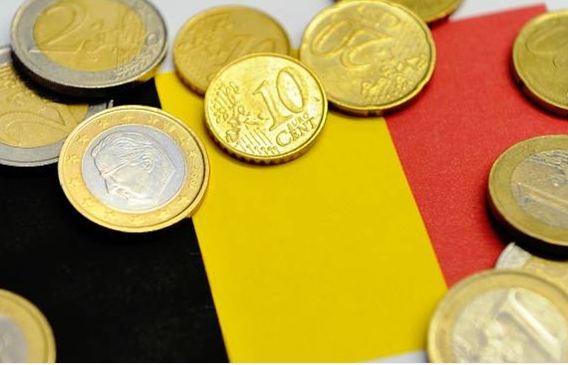The Federal Planning Bureau (FPB) (ed. an independent public agency that draws up studies and projections on economic, social and environmental policy issues) expects the Belgian economy to grow by 1.5 percent this and next year. That is 0.1 percentage point less than was predicted in June. The FPB explains, “As in most euro countries, growth in the second quarter remained below expectations.” The growth forecast for 2018 was already lower in June, from 1.8 to 1.6 percent.
The Federal Planning Bureau mainly looks at the euro zone for the lower forecasts. The growth of the eurozone lost momentum in the first half of the year due to higher oil prices and a decline in consumer and manufacturer confidence. In addition, “important risks” are still in play, namely a possible escalating trade war, the lack of clarity about Brexit and worries about the fiscal policy of some eurozone countries.
All of that also weighed on Belgium, with a slowdown in growth in the first semester. For the whole of 2018, growth would decrease from 1.7 (2017) to 1.5 percent, mainly due to a “slowdown in exports”. Domestic demand would also increase less rapidly. Although expansion of exports and domestic demand would pick up in 2019, growth would still be 1.5 percent due to higher imports.
Employment would increase by more than 100,000 people in 2018 and 2019. In June, the Planning Bureau expected another 106,000 extra jobs. A total of 123,000 jobs were added during 2016 and 2017.
Minister of Employment Kris Peeters (CD & V) welcomes the low level of unemployment. “With an unemployment rate of 5.7 percent in 2019, we reach a historically low level. At the start of this administration it was still 8.5 percent. With the tax shift, the elimination of the wage handicap and reform of the corporate tax, we have given companies extra breathing space to develop their activities and create more jobs. We will also reap the rewards in the coming years," says Peeters.
The real disposable income of private individuals is expected to grow more strongly in 2018 and 2019 than last year. But with a decline in consumer confidence, private consumption is likely to grow less quickly. The FPB says, “For the first time in nearly ten years, purchasing power will grow faster than consumption, which would increase the private savings rate from 11.2 percent in 2017 to 12.1 percent in 2019.” Inflation will drop from 2.1 percent in 2017 to 2 percent and then to 1.9 percent.
Earlier this year, the National Bank of Belgium had also adjusted its outlook, for economic growth, in 2018 and 2019 down to 1.5 percent.
Arthur Rubinstein
The Brussels Times

